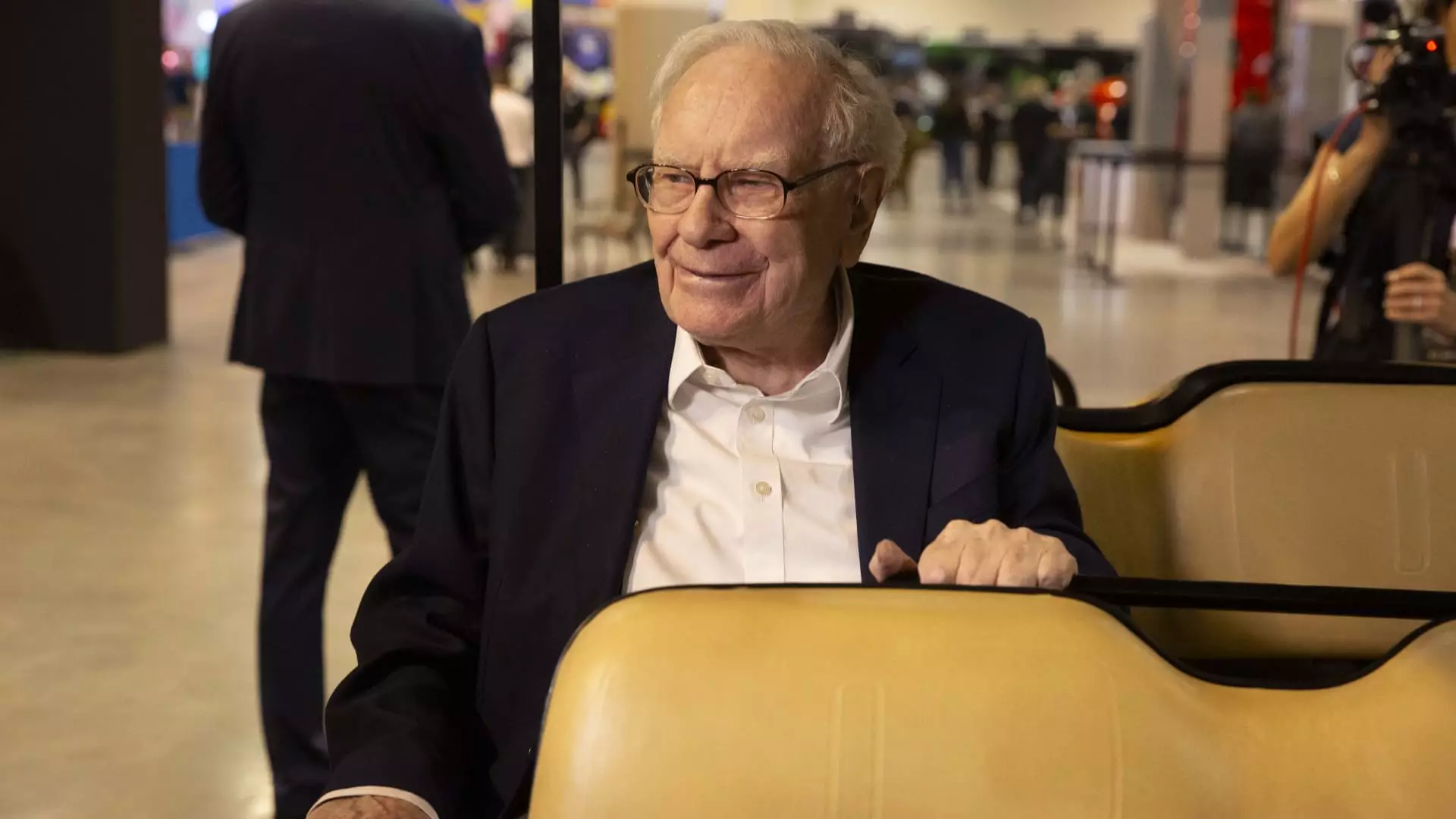Berkshire Hathaway, the investment conglomerate led by the legendary Warren Buffett, has recently reported an astonishing increase in its operating earnings, prompting a wave of optimism among its shareholders. However, this surge in earnings has reignited discussions about the company’s massive cash reserves and what the future may hold for both the conglomerate and its investors.
Impressive Operating Earnings and Performance Metrics
In the fourth quarter of the previous year, Berkshire Hathaway’s operating profit soared by an impressive 71%, landing at a staggering $14.5 billion. This remarkable growth can largely be attributed to the company’s thriving insurance underwriting sector, which experienced a robust 302% increase in profits year-over-year, reaching $3.4 billion. These figures initially painted a portrait of a company on the rise, likely to leverage its financial strength toward strategic investments or acquisitions.
Despite this positive performance in operating earnings, the company faced a contrasting scenario in its investment gains. For the fourth quarter, investment income plummeted significantly to $5.2 billion, a stark decline from $29.1 billion in the same quarter of the previous year. The trend of selling more equities than were purchased continued, marking the ninth consecutive quarter in which Berkshire divested its investments. This ongoing liquidation has pushed the total equity sales in 2024 beyond $134 billion.
Following this aggressive selling strategy, Berkshire Hathaway’s cash reserves have reached a historic high of $334.2 billion, a notable increase from $325.2 billion recorded at the end of the third quarter. While a large cash position may indicate financial strength and provide flexibility, questions arise about the company’s strategic intent behind holding onto such a vast sum. Buffett himself noted in his annual letter to shareholders that this monumental cash stockpile does not signify a reluctance to invest in stocks and businesses. He emphasized that despite the significant cash reserves, the majority of shareholders’ money remains invested in equities.
Buffett’s commentary paints a picture of cautious optimism, hinting that the elevated stock market valuations have left him and his team hesitant to deploy capital aggressively. In his typically candid manner, he stated that often, “nothing looks compelling.” This aversion to investing during a bullish phase could be seen as a prudent, long-term approach. Nevertheless, it has frustrated some shareholders who expect more decisive action from a company with such enormous resources at its disposal.
As Buffett’s approach proves conservative in the current market landscape, he reassured investors about the capabilities of his successor, Greg Abek, to identify potential investment opportunities. This insight aims to alleviate concerns regarding a lack of direction post-Buffett, with many investors placing confidence in Abek’s ability to navigate market risks effectively, reminiscent of Buffett’s late business partner, Charlie Munger.
However, the halt in buybacks remains a point of contention. Berkshire Hathaway did not repurchase any shares in the fourth quarter or in early 2025, which has fostered impatience among analysts and investors alike. Some argue that these buybacks are crucial to enhance shareholder value, while others believe that Buffett’s strategy of holding cash will ultimately position the company for significant opportunities in times of economic downturns.
Market Trends and Investment Sentiment
Despite the ongoing discussions about cash reserves, Berkshire Hathaway has exhibited remarkable performance, with the stock rallying by 25.5% in 2024, surpassing the S&P 500 for the first time since 2021. Furthermore, the stock has continued to rise, showing a more than 5% increase in early 2025. Such results underline the market’s confidence in the conglomerate’s resilience and Buffett’s strategy.
While Berkshire Hathaway’s operating earnings have undeniably surged, the real story lies in the ongoing debate surrounding cash reserves and investment strategy. The company’s approach has left many shareholders eager for more clarity and action, even as they find solace in Buffett’s established track record. As the conglomerate navigates uncertain market conditions, the decisions it makes in the coming quarters will be pivotal to shaping its future.

